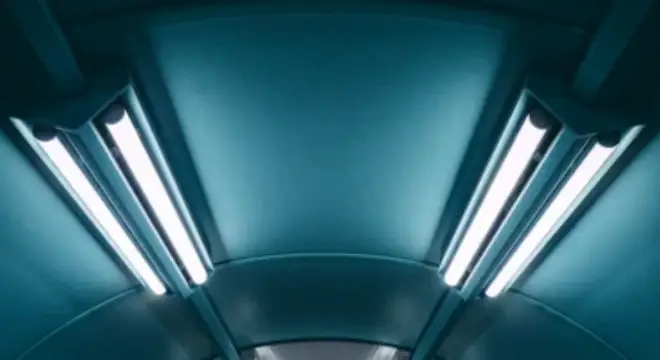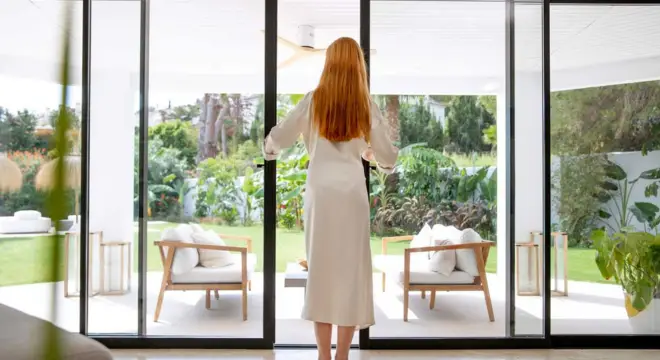Decluttering, the Reddit Way: 7 Surprisingly Smart Tricks You Haven’t Tried
I’ve read all the decluttering books, followed the checklists, and still found myself staring at the same pile of “maybe I’ll need this” stuff. Sound familiar? The truth is, most advice out there sounds good in theory but doesn’t work when you’re overwhelmed, busy, or just plain tired. That’s when I turned to Reddit. It’s raw, brutally honest, and full of practical ideas from real people who’ve been in the same messy boat. What I found there wasn’t your typical “fold your socks” advice — it was weird, surprising, and honestly… way more helpful.
In this article, I’m sharing 7 unusual decluttering tips straight from Reddit that actually changed how I deal with my space. If you’ve ever felt stuck or frustrated, one of these might just unlock something for you too.
Which one do you think would work best for your current space? I’d love to hear your take.
1. Rage-Cleaning: Let Anger Work for You
I didn’t expect to find my favorite decluttering tip buried in a Reddit thread about frustration, but here we are. One user put it perfectly: “I clean best when I’m pissed.” And it turns out, they’re not alone. Rage-cleaning — using irritation or emotional overwhelm as fuel — is surprisingly effective. You’re not trying to organize nicely. You’re trying to purge. Fast.
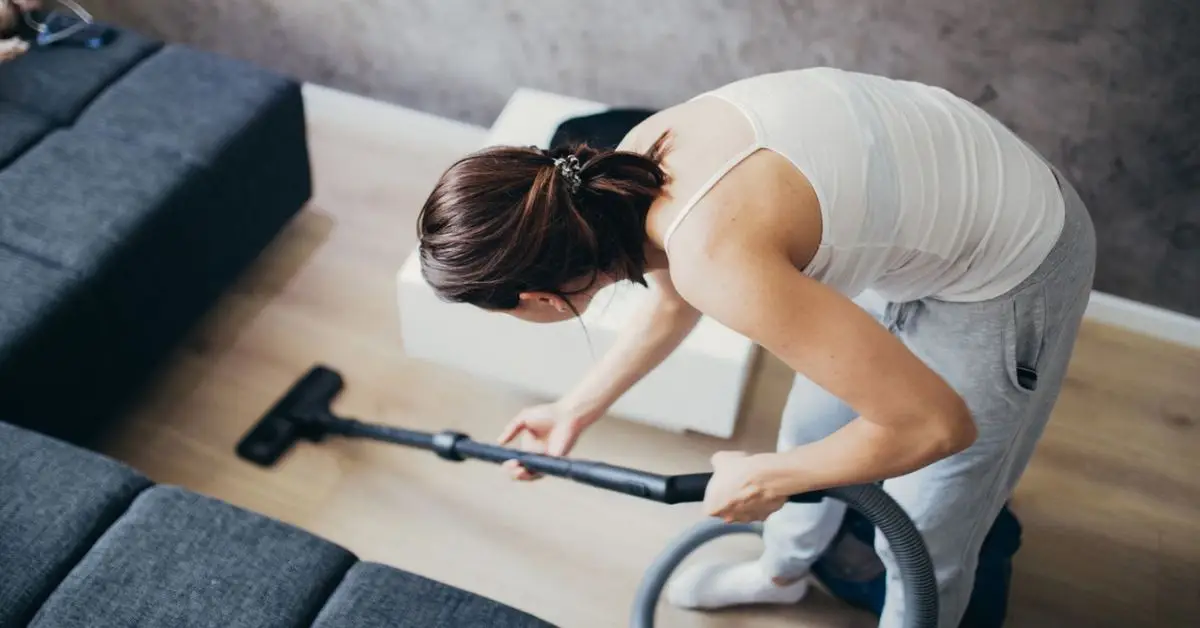
What makes this tip powerful is that it bypasses the whole “Should I keep this?” debate. When you’re in that emotionally charged state, your tolerance for useless stuff disappears. You move faster, care less, and make decisions with clarity.
Whether it’s an argument, a bad workday, or even PMS — the emotion is there. Instead of letting it spiral, use it. Set a timer for 20 minutes, blast music, and clear one drawer, one shelf, one corner. That’s it. You’ll be shocked at how much you toss out when you stop thinking and start moving.
Try this: Don’t wait for motivation. Wait for irritation. Then get moving. What’s one frustrating moment this week you could turn into a purge session?
2. The “Poop Rule”: A Brutally Simple Decluttering Test
This one made me laugh out loud — then immediately rethink half my stuff.
The “Poop Rule” was shared in a viral New York Post article, and it’s exactly what it sounds like: If an item you own were accidentally covered in poop, would you go through the trouble of cleaning it? If not, you probably don’t care enough to keep it.
It sounds gross, but it’s a psychological shortcut. We tend to attach vague “just in case” value to things we don’t use, but when forced into an extreme scenario, our true feelings surface. Reddit users mentioned this as a decluttering trick that cuts through emotional fog. One even said it helped them get rid of 50% of their kitchen gadgets in one afternoon. If you’re in the mindset to let go of old things, but hate waste, here’s a smart middle ground — try upcycling what you can before tossing it. Old towels, rags, or even worn-out clothes can find a second life at home.
Use this rule when you’re hesitating over an object: a duplicate charger, a cracked mug, that pair of shoes you haven’t worn since 2019. Ask the poop question. If the answer’s “no,” it’s gone.
Why this works: It removes the mental gymnastics. You either care enough to clean it—or you don’t care enough to keep it. No spreadsheet needed.
3. The 20/20 Rule: Ditch the “Just in Case” Items
You know those things you keep around “just in case”? The backup umbrella, the spare toaster, the extra extension cord that’s been tangled in a drawer for years? The 20/20 Rule—popularized by professional organizers and often echoed on Reddit—helps you finally let them go.
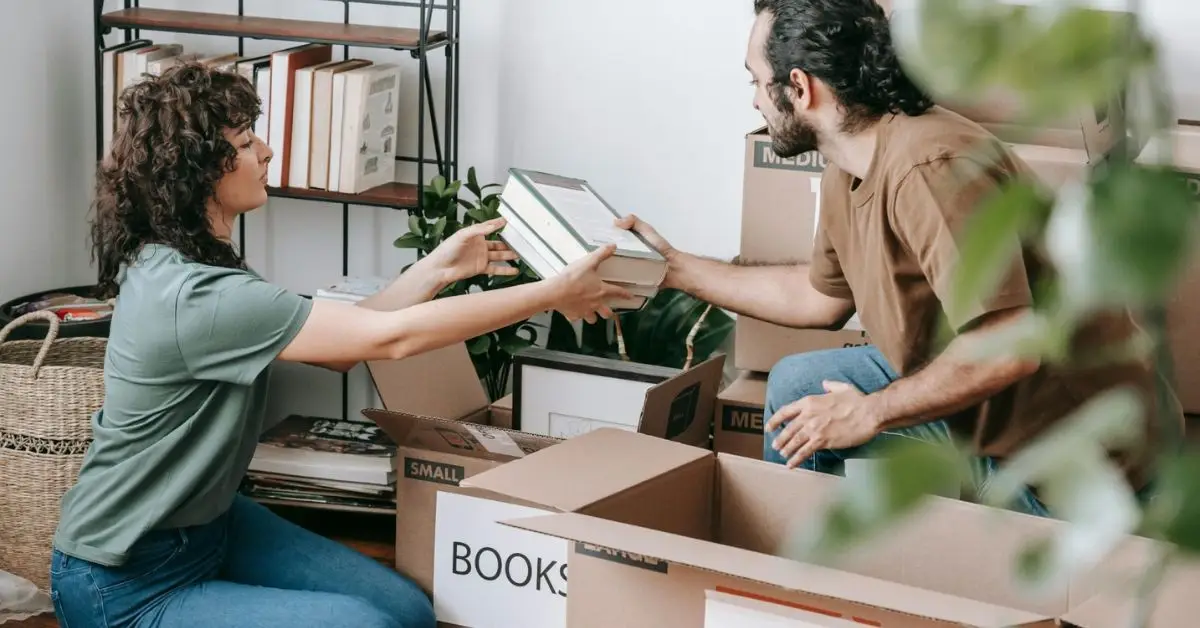
Here’s how it works: If you can replace the item in under 20 minutes for under $20, let it go. That safety net is enough to free you from the false security these extras provide.
I tried this with my bathroom cabinet. Goodbye, five-year-old travel hairdryer. If I really need one in the future, I can replace it easily. That’s freedom.
Where to apply this: Tech cables, duplicate kitchen tools, random office supplies, travel gear, mismatched socks.
Why it matters: This rule gives you a mental framework and eliminates the guilt. You’re not being wasteful—you’re being realistic.
4. One-In, One-Out — with a Twist That Actually Works
You’ve probably heard the classic “one-in, one-out” rule: when you buy something new, get rid of one old item. But Redditors gave it a practical twist that makes it easier to follow — don’t wait until after you buy. Decide what’s going out before something comes in.
Why does this matter? Because the standard version relies on willpower after the purchase. But when you commit to the swap in advance, you’re shopping more consciously. This shift in mindset turns impulse buying into intentional curation.
A thread on Reddit’s decluttering community reveals how users used this method to cut down closet clutter, limit kitchen overflow, and even control toy sprawl with kids. One commenter shared: “Before I buy a new jacket, I choose which one I’m donating. No exceptions. It works.”
Try this: Make a new rule for yourself this month: if you’re thinking of bringing something new home, first name its replacement. No replacement? No purchase.
Why it works: It stops clutter before it starts—and that’s the real game-changer.
5. The Outbox Method (Without the Guilt Trip)
Sometimes, deciding what to get rid of feels too final. What if you regret it later? That hesitation is exactly why the “Outbox Method” exists — and Reddit users swear by it.
Here’s the idea: Instead of forcing an immediate yes/no decision, create a temporary holding zone — a box, a basket, even a shelf — where you place items you’re unsure about. Then set a reminder. If you don’t miss or need anything from that box after, say, 30 days, you let it go.
It gives your brain the breathing room it needs to detach, without committing too fast. And this method has been validated by experts too. In Southern Living’s organizer-approved decluttering guide, pros recommend similar “holding spaces” as a non-intimidating way to transition out of clutter.
Reddit users often report that 90% of their outbox items go untouched—and are then donated with zero regret.
Try this: Label a box in your closet or under your bed. Drop in anything you’re debating, and revisit it in a month. Odds are, you’ll realize you’ve already emotionally detached from it.
Why it’s effective: It eliminates guilt and overthinking. You’re not saying goodbye—you’re just giving yourself space to know if you’ll miss it. Most of the time, you won’t.
6. The “Didn’t Know I Had It” Rule
This one hit hard the first time I tried it. While sorting through an old bin of bathroom supplies, I found a face mask I bought two years ago. My first reaction? “I didn’t even know I had this.” And just like that, it became clear: if I didn’t even realize it was there, I clearly don’t need it.
That’s the rule—if you forgot you owned it, it probably doesn’t deserve space in your home.
Reddit users have coined this the “Didn’t Know I Had It” Rule, and it’s especially powerful during deep-dive sessions like clearing out closets, storage boxes, or junk drawers. One r/declutter post said, “If I can live without it for a year and not notice, it doesn’t belong in my space.”
Professional organizers echo this logic too. In The Spruce’s list of what pros toss first, forgotten duplicates and unused items are the first to go. It’s not just about waste—it’s about awareness. If something’s invisible in your daily life, it’s not serving you. Forgotten items often pile up in out-of-sight spots like the attic. If you’re planning a deeper clean, don’t miss these genius attic-decluttering tips — they’re designed to help you avoid burnout and actually finish the job.
Where this applies best: Storage bins, seasonal decor, toiletries, pantry backups, and buried craft supplies.
Why it works: It removes sentiment and focuses on use. It’s not about whether you like the item. It’s about whether you knew it existed.
7. Declutter by “Exit Points,” Not Just by Room
Most of us declutter by location — the kitchen, the closet, the garage. But on Reddit, a smarter approach kept popping up: decluttering by exit points instead.
What are exit points? They’re the physical spaces that allow clutter to pile up and stay. Think donation bins, junk mail piles, your car trunk, the hallway drop zone, or that basket by the stairs that collects “random stuff.” Instead of only focusing on rooms, target these bottlenecks where things get stuck.
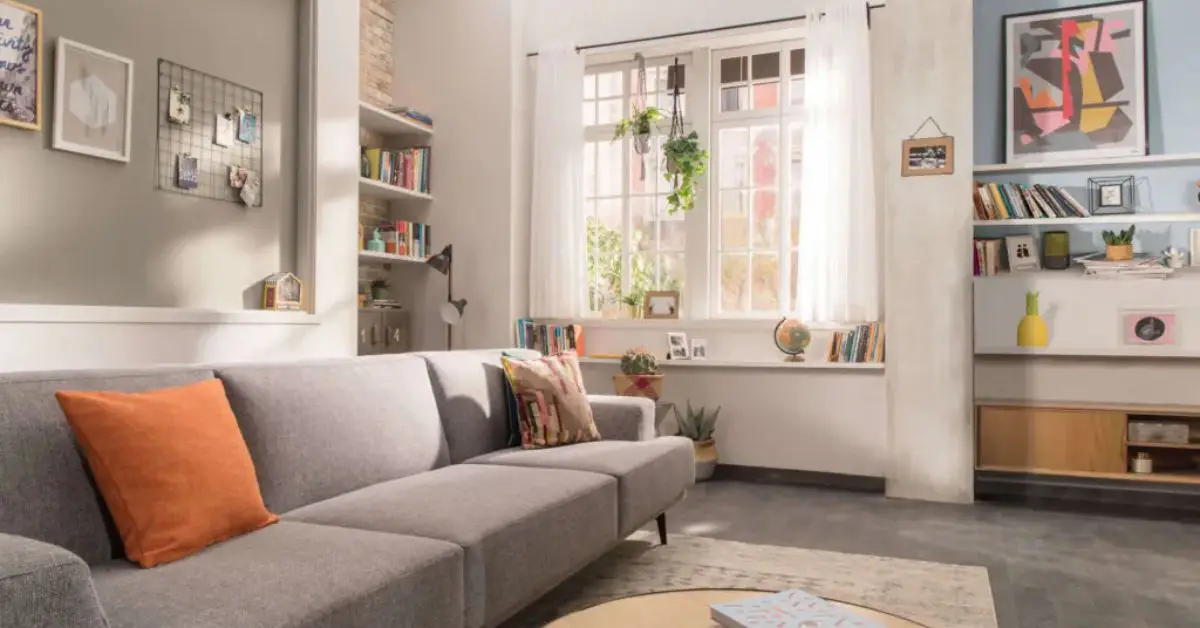
This concept is echoed in real-world decluttering frameworks too. In Livingetc’s pro-approved decluttering schedule, organizing coach Caroline Solomon talks about how clutter builds not in chaos, but in unmaintained “holding areas.”
Reddit users report huge progress just by regularly emptying donation bags, clearing car seats, or emptying hallway boxes. One user wrote, “I had three donation bags in my trunk for six months. Decluttering didn’t count until they were gone.”
Bonus: If you’re doing a seasonal purge or prepping your home before a trip, check out what smart homeowners always put away first. It’ll keep your space clear and stress-free while you’re away.
Try this: Walk through your home and identify 3 spots where clutter leaves but never actually exits. Clear those first. Then set a weekly exit day (like Sunday drop-offs or Monday donation runs).
Why this works: It closes the loop. Decluttering isn’t just about sorting—it’s about follow-through. No one talks about that, but it’s where real change happens.
What Makes These Tips Stick
What I love about these Reddit-born decluttering ideas is that they’re not coming from perfect people with color-coded pantries. They’re raw, real, and born from everyday mess. They cut through guilt, overwhelm, and decision fatigue — and they work because they meet you where you are.
You don’t need a Pinterest-worthy game plan. You need one small shift in how you think about your stuff. Whether it’s rage-cleaning your way through a bad mood, questioning what you’d actually clean if it were disgusting, or just finally getting those donation bags out of your trunk — these tips aren’t just clever. They’re honest. And honestly, that’s what most of us need.
Now I want to hear from you — Which of these felt like a game-changer for your space? Have you ever used a weird decluttering rule that worked way better than expected? Let’s swap stories.
Looking for more real-life organizing tips? Visit Build Like New for practical strategies that actually work — no fluff, no overwhelm.
Disclaimer: The tips shared in this article are based on personal experiences and publicly available discussions. Always choose what works best for your lifestyle and consult professionals for personalized organizing or mental health advice.

